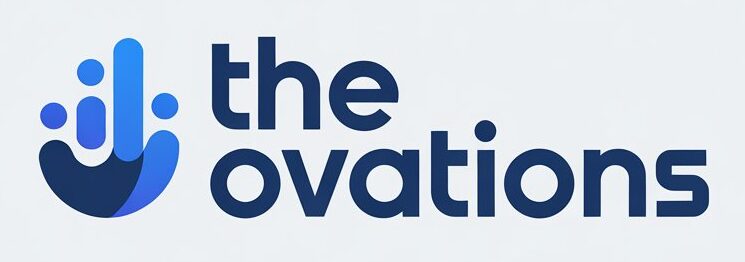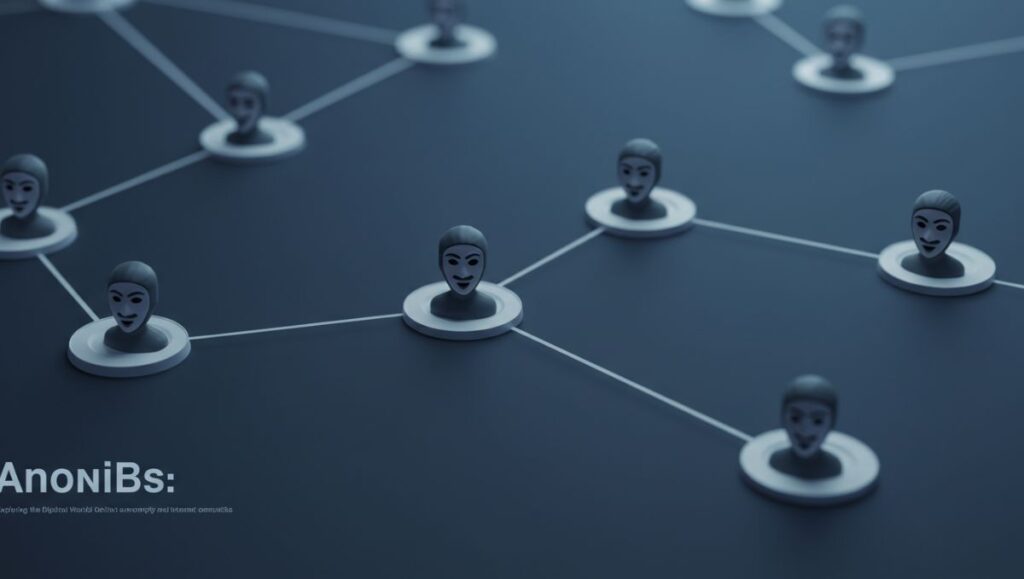The internet has always been a place of connection, creativity, and innovation — but also of mystery. Among the countless platforms that have shaped online culture, AnonIBs (Anonymous Image Boards) represent one of the most fascinating and controversial corners of the web’s history.
Originally designed as forums for anonymous discussion and image sharing, AnonIB-style platforms gave users the freedom to express themselves without revealing their identity. While many communities used this freedom to share interests, art, and ideas, others became associated with darker sides of the digital world — where privacy, ethics, and legality blurred.
This article explores the rise and fall of AnonIBs, their influence on online culture, and the lessons they’ve left behind in an age increasingly defined by digital identity and responsibility.
The Origins of Anonymity Online
Long before social media networks like Instagram and Twitter dominated the web, internet culture thrived in forums and imageboards.
These early digital spaces — including platforms like 4chan, Futaba Channel (2chan), and later, AnonIB — allowed users to post and share images, memes, and ideas freely. The defining feature? Complete anonymity.
Unlike Facebook or LinkedIn, where identity verification is key, sites like AnonIB encouraged users to post without usernames, photos, or personal details. This anonymity created a sense of freedom and equality — every opinion, regardless of background, carried the same weight.
It was a new digital frontier: raw, unfiltered, and creative. But it also revealed the internet’s complex relationship with accountability.
What Were AnonIBs?
AnonIB, short for Anonymous Image Board, was part of a wider ecosystem of image-sharing forums where users could post pictures and comments anonymously.
At their core, these platforms were designed to:
-
Encourage free discussion without identity constraints;
-
Allow users to share niche interests and communities;
-
Provide a space for digital art, photography, and subculture exploration.
Over time, however, the anonymous nature of these boards led to divergent community behaviors. Some users built positive spaces for creative collaboration, fandom culture, and technology discussion — while others exploited anonymity to post unauthorized or inappropriate content, leading to public controversy and legal scrutiny.
As a result, many AnonIB sites and similar anonymous boards were taken offline, sparking a global conversation about privacy, consent, and online ethics.
The Appeal of Online Anonymity
Despite the controversies, the rise of AnonIBs highlights a deep truth about digital behavior: people crave spaces to express themselves freely.
Online anonymity offers unique benefits, including:
-
Freedom of speech — the ability to share opinions without fear of judgment or retaliation;
-
Creativity without boundaries — users can explore new ideas, art, and humor without social pressure;
-
Community building — niche groups form around shared interests that might not fit mainstream platforms;
-
Privacy protection — in repressive environments, anonymity can be a tool for survival and truth.
In essence, anonymous boards like AnonIB once represented the purest form of online expression — though not without its dangers.
The Dark Side of Anonymity
Where freedom thrives, responsibility becomes critical.
Unfortunately, some anonymous communities used their lack of identity to cross ethical lines. The absence of moderation or verification sometimes led to the spread of harassment, stolen images, or private content — actions that violated privacy and, in some cases, the law.
These events highlighted a key dilemma of the digital age:
How can we preserve freedom of expression online while protecting individuals from harm?
As governments, tech companies, and internet users debated that question, the reputation of platforms like AnonIB became a turning point — forcing the world to confront the moral and legal implications of online anonymity.
Lessons from the AnonIB Era
The rise and fall of anonymous boards left behind powerful lessons that continue to shape modern internet culture.
1. Accountability Matters
Anonymity can protect voices, but without accountability, it can also be abused. The digital world now recognizes the importance of responsible anonymity — where users’ privacy is respected, but harmful behavior is not tolerated.
2. Digital Privacy Is Precious
The controversies surrounding AnonIB remind us that online privacy is fragile. Once shared, data or images can spread far beyond control. The lesson? Think carefully before posting or sharing personal information online.
3. Community Moderation Works
Modern platforms like Reddit, Discord, and Mastodon have learned that moderation and clear guidelines are essential to keeping online spaces safe and welcoming.
4. Technology Must Evolve Ethically
As AI, data analytics, and blockchain reshape digital spaces, tech companies are now urged to design platforms that balance freedom with ethics — ensuring that privacy doesn’t come at the cost of safety.
From AnonIBs to Modern Social Media
The influence of platforms like AnonIB can still be seen in today’s internet.
Features like anonymous commenting, temporary stories, and private group chats draw inspiration from early online anonymity. Even major platforms such as Reddit or X (formerly Twitter) retain elements of anonymous participation.
However, unlike early anonymous boards, modern platforms are built with stricter policies, community reporting systems, and legal safeguards. The goal is to preserve freedom while curbing abuse — a delicate balance that continues to evolve.
Digital Awareness: Navigating the Online World Responsibly
As we explore the digital world, it’s essential to stay informed, critical, and aware. The AnonIB experience teaches us to be both curious and cautious online.
Here are key takeaways for navigating anonymity safely:
-
Value your privacy — think before sharing images or personal data;
-
Verify sources — not all online spaces are trustworthy;
-
Use anonymity for creativity, not harm — free speech should empower, not endanger;
-
Support ethical platforms — choose communities that promote respect and inclusivity.
When used wisely, anonymity can foster creativity, honesty, and connection — the very things that made the internet so transformative in the first place.
The Future of Anonymity and the Internet
The digital world is entering a new phase. From Web3 and decentralized networks to AI-driven communities, the question of identity and privacy continues to evolve.
Some experts believe the future will include “controlled anonymity” — systems where users can remain private but are still accountable for their behavior through encrypted verification or blockchain-based identity systems.
In this new model, the internet could reclaim the spirit of anonymous creativity that defined early communities like AnonIB — but with ethical safeguards to protect everyone involved.
Conclusion
The story of AnonIBs is more than just an internet footnote — it’s a reflection of our ongoing struggle to balance freedom, privacy, and responsibility in the digital age.
While some corners of the web misused anonymity, others thrived as hubs of creativity, connection, and authentic expression. The challenge — then and now — is ensuring that the online world remains open and inclusive without crossing moral or legal boundaries.
As technology advances and online communities continue to grow, the lessons from AnonIB remind us that the digital world we create mirrors the world we want to live in — one where freedom and responsibility go hand in hand.






